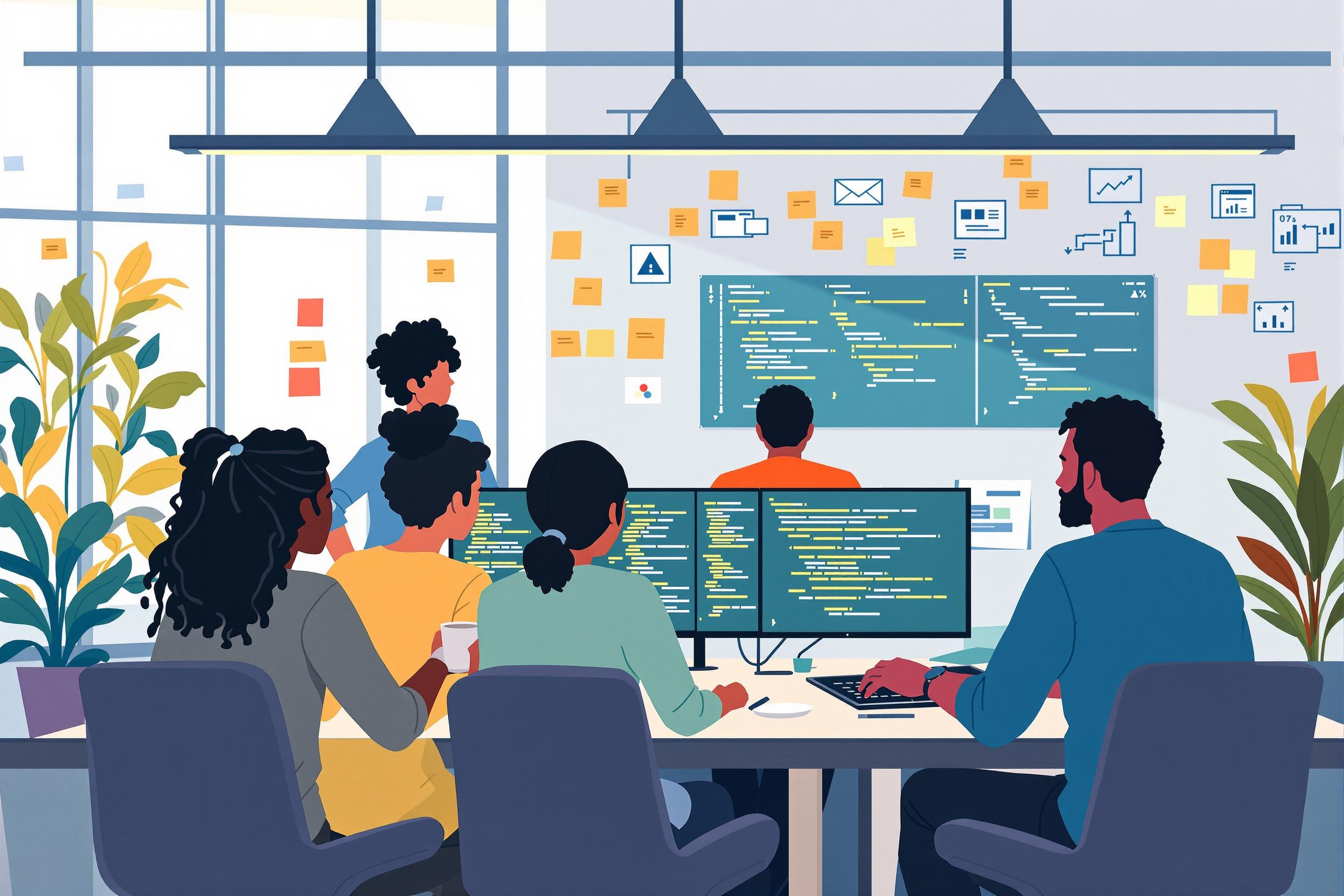
Trapcode Suite
Trapcode Suite is a collection of tools that motion designers and visual effects artists use to create eye-catching animations and visual effects in Adobe After Effects, which is the industry-standard software for motion graphics. Think of it as a powerful add-on package that helps create things like flowing particles, 3D effects, and glowing elements that you might see in commercials, music videos, or TV show intros. It's made by a company called Maxon (formerly Red Giant) and is widely recognized in the motion graphics industry. When someone mentions Trapcode in their resume, they're likely experienced with creating professional-quality visual effects and motion graphics.
Examples in Resumes
Created particle-based animations using Trapcode Suite for national brand commercials
Designed dynamic motion graphics with Trapcode Particular and Trapcode Suite for broadcast television
Developed 3D animated backgrounds using Trapcode Suite effects for corporate video presentations
Typical job title: "Motion Graphics Artists"
Also try searching for:
Where to Find Motion Graphics Artists
Online Communities
Learning Resources
Professional Networks
Example Interview Questions
Senior Level Questions
Q: Can you describe a complex motion graphics project where you used Trapcode Suite, and how you approached it?
Expected Answer: A senior artist should be able to describe managing large-scale projects, explaining their creative process, technical solutions, and how they optimized their work for tight deadlines. They should mention specific Trapcode tools and how they combined them effectively.
Q: How do you handle client feedback and revisions when working with complex Trapcode effects?
Expected Answer: Look for answers that demonstrate project organization, efficient workflow setup, and the ability to create effects that are easily adjustable. They should discuss how they structure their work to accommodate client changes without starting from scratch.
Mid Level Questions
Q: What are your favorite features in Trapcode Suite and how do you use them in your work?
Expected Answer: Should be able to discuss specific tools like Particular or Form, explaining practical applications and showing understanding of when to use different effects for best results.
Q: How do you optimize Trapcode effects for better rendering performance?
Expected Answer: Should demonstrate knowledge of managing particle counts, using pre-rendering techniques, and understanding how to balance visual quality with rendering speed.
Junior Level Questions
Q: What's the difference between Trapcode Particular and Form?
Expected Answer: Should understand that Particular is mainly for particle effects (like fire, smoke, or sparkles) while Form creates 3D grid-based effects. Basic knowledge of when to use each tool is important.
Q: Can you explain how you would create a basic particle effect using Trapcode Particular?
Expected Answer: Should be able to describe the basic steps of creating a simple particle effect, including emitter setup and basic parameter adjustments.
Experience Level Indicators
Junior (0-2 years)
- Basic particle effects creation
- Simple motion graphics with Trapcode tools
- Understanding of After Effects basics
- Basic animation principles
Mid (2-4 years)
- Complex particle systems
- Advanced 3D effects
- Custom motion graphics solutions
- Efficient workflow management
Senior (4+ years)
- High-end visual effects creation
- Project optimization techniques
- Advanced creative problem solving
- Team leadership and project management
Red Flags to Watch For
- No knowledge of Adobe After Effects
- Unable to show examples of work with particle effects
- Lack of understanding about rendering and optimization
- No experience with client revisions or feedback implementation
Related Terms
Need more hiring wisdom? Check these out...

A Beginner's Guide to Implementing an Applicant Tracking System

Workforce Solutions Aggregators: The Next Big Thing You Didn't Know You Needed

Global Compliance Checks: The Hidden Puzzle Pieces of Background Screening Revealed

